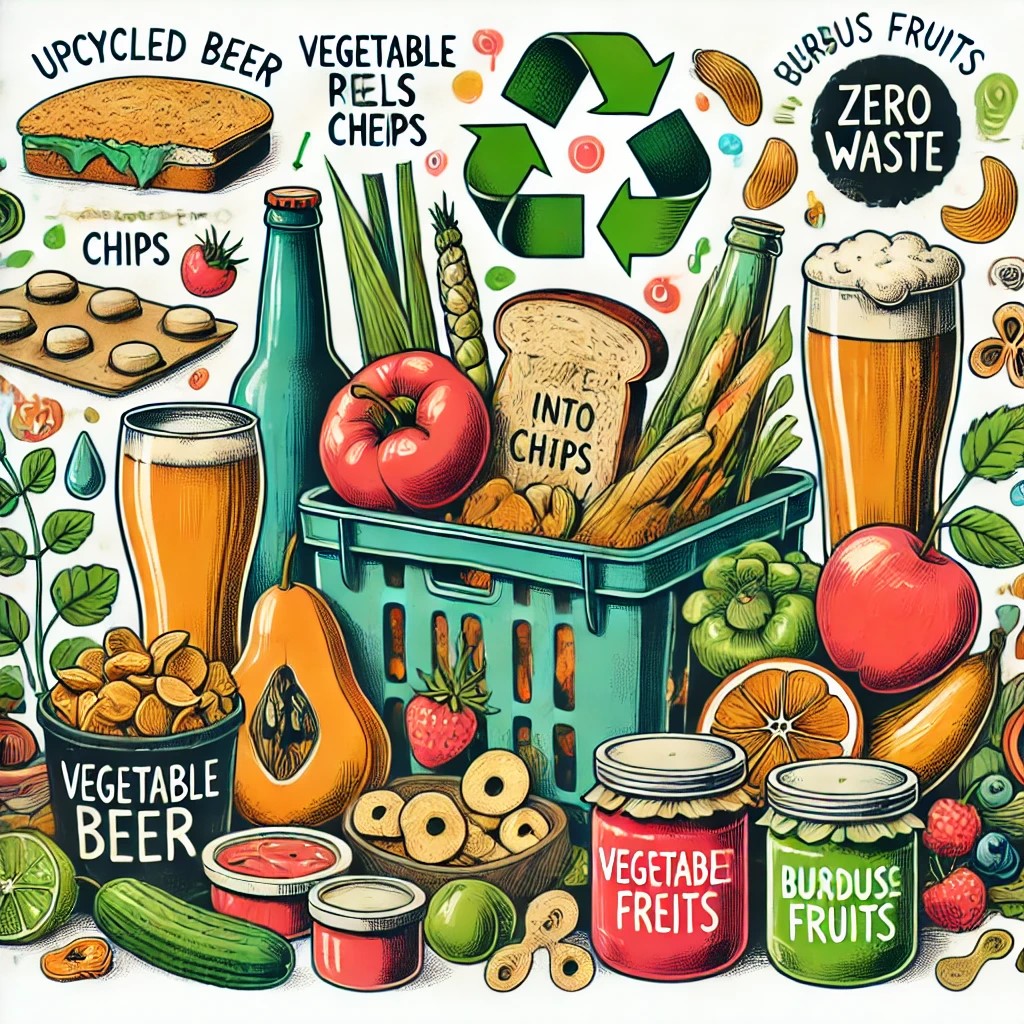本研究は、アップサイクル食品の購買意向に影響を与える要因を、非購入者と購入者の違いに着目して分析したものである。調査は、質問票の作成およびデータ収集から始まり、各消費者グループごとに因子分析を実施し、主要な要因を特定するとともに次元削減を行った。その後、購買意向を従属変数とし、その他の要因を独立変数とした重回帰分析を実施した。さらに、因子スコアに基づくクラスター分析を行い、消費者を購買意向の高・中・低の3つのグループに分類した。最後に、分散分析(ANOVA)を用いて、各グループ間の社会人口学的な違いを検討した。
その結果、アップサイクル食品の非購入者と購入者では、購買動機が異なることが明らかになった。購買意向の高い非購入者は、持続可能な消費行動、好奇心、食品廃棄への意識、環境責任といった要因が特に重要であった。このグループは「アーリーアダプター(初期採用者)」に似た特性を持ち、倫理的消費や自己成長への関心が強いため、革新性や持続可能性を強調したマーケティング戦略が彼らの購入行動を促進する可能性がある。一方で、購入者は製品の安全性や品質よりも、味や価格といった感覚的な要素を重視していた。彼らは持続可能性を評価するものの、実際の購入決定には価格の手頃さや味の楽しさなど、より実用的な側面が影響を与えていた。
従って、購入者をターゲットとするマーケティング戦略では、味や手頃な価格、食品廃棄削減の実際的な効果を前面に押し出すことが重要となる。本研究は、アップサイクル食品に対する消費者行動の理解を深めるものであり、購買行動に基づいた市場のセグメンテーションの重要性を強調している。非購入者は革新性や倫理的価値を強調したメッセージに反応しやすく、一方で購入者は感覚的な魅力やコストパフォーマンスに基づいたメッセージに関心を持ちやすいことが示唆された。これらの知見は、食品業界がアップサイクル食品の受容と普及を促進するための貴重な指針を提供するものである。
This study examines the factors influencing consumer purchase intentions for upcycled food products, distinguishing between non-purchasers and purchasers. A comprehensive methodology was employed, beginning with questionnaire development and data collection, followed by factor analysis for each consumer group to identify key factors and reduce dimensionality. Multiple regression analysis was then conducted with purchase intention as the dependent variable and other factors as independent variables. Cluster analysis, based on factor scores representing purchase intention, was performed to categorize consumers into high, medium, and low purchase intention groups. ANOVA was used to explore socio-demographic differences within these groups. The findings reveal distinct motivations between non-purchasers and purchasers of upcycled foods. For non-purchasers with higher purchase intentions, factors such as sustainable consumption practices, curiosity, food waste awareness, and environmental responsibility were prominent. This group, which resembles early adopters, is motivated by ethical consumption and personal growth, suggesting that targeted marketing emphasizing innovation and sustainability could encourage their transition into purchasers. In contrast, purchasers prioritized sensory factors such as taste and price over product safety and quality. While they value sustainability, their purchase decisions are influenced more by practical concerns such as affordability and sensory enjoyment. Consequently, marketing strategies targeting purchasers should focus on taste, affordability, and the broader impact of reducing food waste. This study contributes to the understanding of consumer behavior toward upcycled foods by emphasizing the importance of segmenting the market based on purchase behavior. Non-purchasers are more likely to respond to messages highlighting innovation and ethical values, while purchasers are more responsive to messages focusing on sensory attributes and cost-effectiveness. These insights provide valuable guidance for the food industry in promoting the acceptance and adoption of upcycled foods.
雑誌名
Food and Humanity
発表タイトル
Unpacking consumer motivations for upcycled food purchases in Japan
著者名
Ryota Mori, Yuna Seo
DOI
引用
Ryota Mori, Yuna Seo (2025). Unpacking consumer motivations for upcycled food purchases in Japan. Food and Humanity, 4 , 100562. https://doi.org/10.1016/j.foohum.2025.100562



